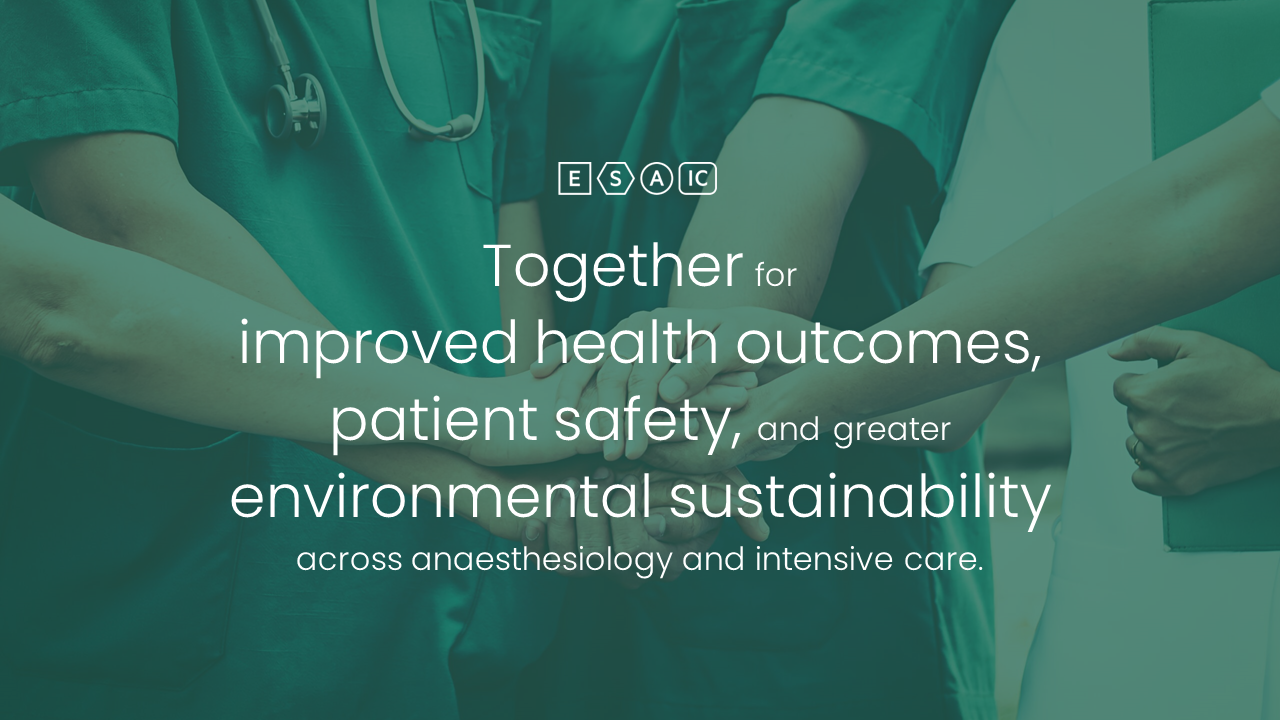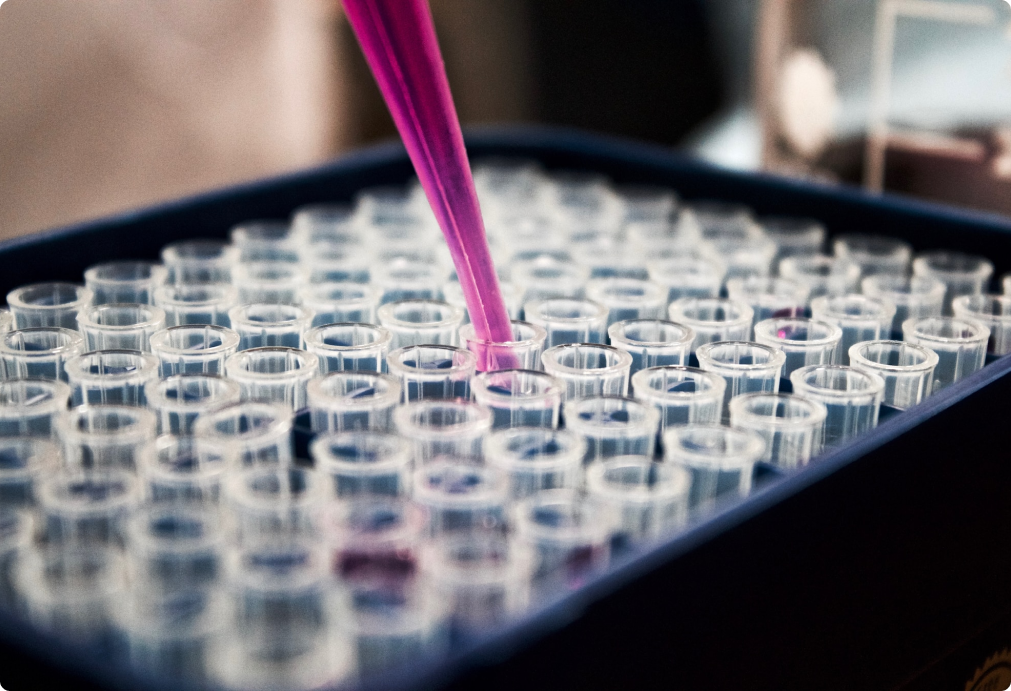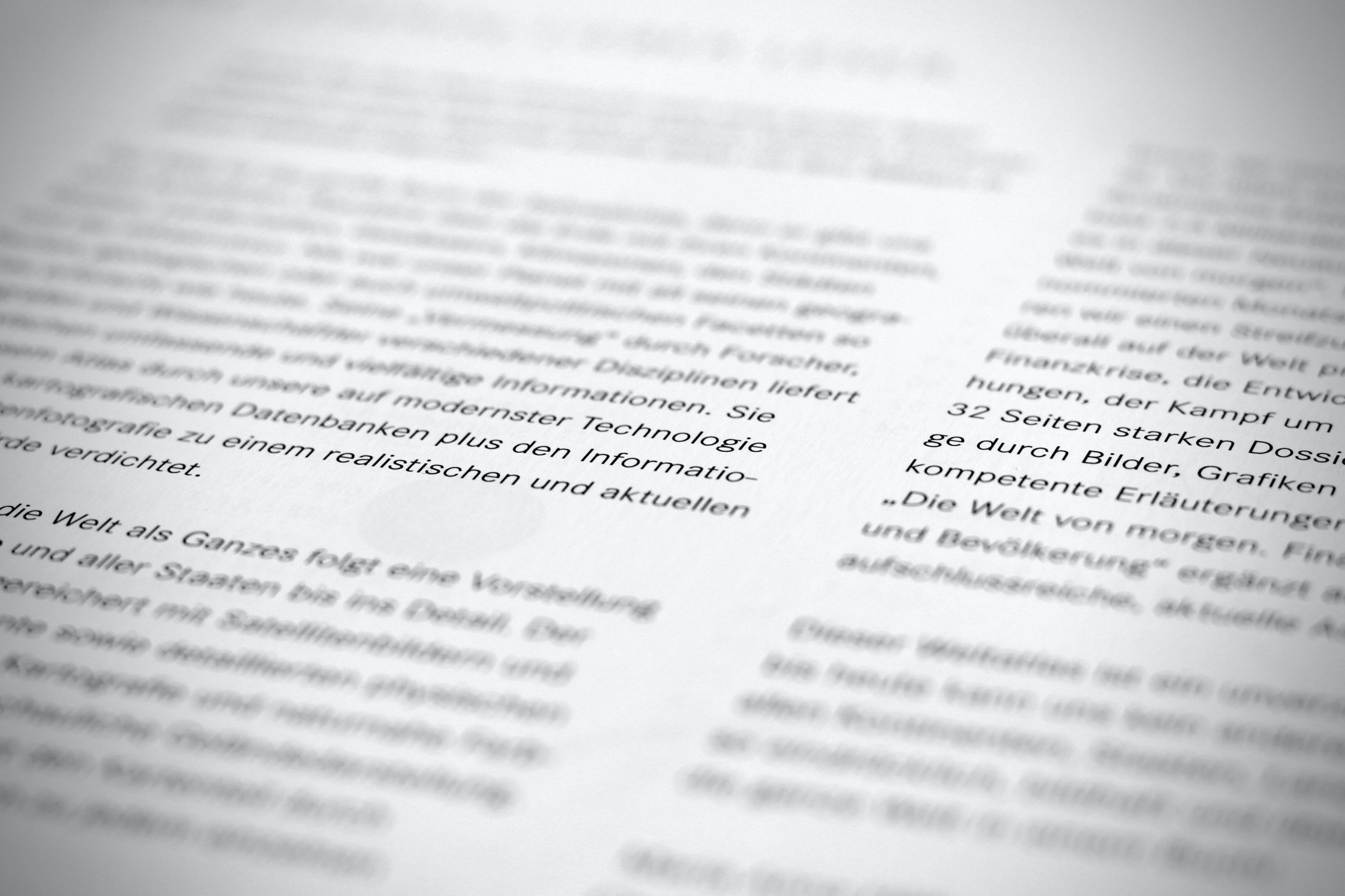PANDOS
Pain and Opioids after surgery
hair: Prof. Patrice Forget, University of Aberdeen, School of Medicine, Medical Sciences and Nutrition, Institute of Applied Health Sciences, UK
Vice-Chair: Prof. Esther Pogatzki-Zahn, University Hospital of Muenster, Muenster, Germany
Background
The aim of the PANDOS Research Group is to improve pain management and perioperative opioid use after surgery. The first objective is to conduct the PANDOS study, which will document opioid use in Europe and describe its association with adverse events and persistent pain. The goal is to include more than 10,000 patients, in at least 100 hospitals in more than 10 European countries. Research Question: The main research question concerns the description of perioperative opioid use in Europe. Other research questions relate to the safety of opioids and the risk factors associated with persistent opioid use after surgery. Exploratory work will focus on identifying and implementing best practices.
Aim
To improve pain management and perioperative opioid use after surgery.
Objectives
The objectives of PANDOS are:
- Research Coordination Objectives
- Support the development, the conduct, the analysis, the interpretation and the dissemination of the PANDOS
study. - Development of a roadmap to highlight the priorities, key components, and solve the problem of the opioid
crisis based on the PANDOS findings. - Support the creation of an interdisciplinary and multi-stakeholder network (formalized in publicly accessible
lists and open to collaboration) working on the identification, documentation and implementation of the best
practices, from local to multinational level. - Create and support a structure to solicit sufficient funding for a large international implementation trial (for
example, testing the widespread introduction of opioid stewardship programmes). - Disseminate our results actively to laypeople (through social media), policymakers (white papers and/or joint
actions with organisations active in the field) and research results in high-impact, peer-reviewed medical
literature.
- Support the development, the conduct, the analysis, the interpretation and the dissemination of the PANDOS
- Capacity-building Objectives
- Foster our ability to undertake epidemiological studies where opioid use may be associated with harm,
especially if it is preventable. Example: Creation of a network of centres and researchers interested in the
field. - Formally collaborate in defining the main outcomes in the area of long-term opioid use.
- Facilitate and enable the implementation of an appropriate methodology in the field.
- Foster our ability to undertake epidemiological studies where opioid use may be associated with harm,






